MY APPROACH
My approach to psychedelic support blends mindfulness with somatic, transpersonal, and harm reduction practices. That means we’ll explore your experience with grounded presence and embodied curiosity—paying attention to how it lives in your body, your energy, and your inner world—while also honoring the larger psychological, spiritual, and cultural threads that shape your journey.
This work is rooted in deep listening and mutual respect. We’ll create a space of safety, intention, and attunement where insight can deepen and transformation can unfold. Over time, this process can support greater clarity, integration, and connection to your inner wisdom.
FOUNDATIONS OF THE WORK
-
A contemplative approach rooted in Buddhist Psychology and the ancient tradition of mindfulness as a path to awareness, understanding, and compassion. This practice involves gently turning toward your present-moment experience with curiosity and non-judgment—allowing sensations, thoughts, emotions, and insights to arise and unfold in their own time. Mindfulness-based inquiry supports deep inner listening and a growing trust in your own innate capacity for clarity and healing.
-
Focuses on the body-mind connection, helping clients listen to their bodily sensations and understand how they relate to their thoughts, emotions, and relationships. This approach can be particularly beneficial for individuals experiencing anxiety, depression, or traumatic stress, as it offers tools to regulate the nervous system, process emotions, and cultivate a sense of safety and presence.
-
Early relationships shape our nervous systems and attachment patterns, influencing how we relate to ourselves and others. These patterns aren’t just psychological—they’re encoded in the body and brain through repeated experiences and adaptive survival responses developed to protect us. In this approach, the safety and attunement of the relational field can provide a supportive context to revisit old emotional memories and update them with new information. Over time, this allows outdated patterns to shift and makes space for new ways of connecting with yourself and others to emerge.
-
Engaging with different aspects of the self with curiosity and care. This approach recognizes that we are made up of many inner parts—each with its own emotions, needs, and history—and that healing happens not by forcing change, but by building compassionate relationships within. By creating space for these parts to be seen, heard, and understood, we foster greater internal harmony and a more integrated sense of self.
-
Addresses the spiritual and ecological dimensions of the human experience, exploring how a sense of connection to something larger than ourselves—whether that be nature, spirituality, or a feeling of universal oneness—can provide meaning, healing, and transformation. This approach integrates spiritual insight, non-ordinary states of consciousness, and peak experiences, honoring both the material and transcendent aspects of healing.
-
I acknowledge the impact of past and ongoing traumas—including developmental, cultural, and ancestral traumas—and prioritize creating a space where clients feel safe, respected, and empowered. This approach recognizes that trauma can be stored in the body and may surface during deep exploration of non-ordinary states of consciousness, even for people who may not meet the criteria for a clinical diagnosis like PTSD. I am equipped to help clients navigate these experiences in a way that promotes healing rather than re-traumatization, ensuring they have the tools and support they need to feel secure and grounded throughout their journey.
-
Finally, my practice is also rooted in a harm reduction philosophy, which acknowledges the prevalence of cannabis and psychedelic use in our society and promotes safe and responsible use practices. This approach is designed to reduce the potential for psychedelic harm and maximize potential benefits through education, integration, and guided experiences.
Please note: The services I provide at Mindful Journeys are not psychotherapy and are intended to facilitate self-exploration and personal growth. If you are seeking therapy or have clinical concerns, please see the website for my psychotherapy practice.
THE IMPORTANCE OF INTEGRATION
Integration is at the heart of this work. It has at least two meanings, and both are essential.
At its core, integration is the process of bringing together the different parts of yourself—mind, body, spirit, and lived experience—into a more cohesive and balanced whole. Many of us learn to compartmentalize pain, suppress emotion, or disconnect from our bodies and relationships as a way to survive. While these strategies may have served us at one time, they can eventually create patterns of anxiety, avoidance, or disconnection. Through mindful presence and somatic awareness, integration helps you reconnect with your experience in a way that feels safe, grounded, and compassionate. It’s about moving from fragmentation to wholeness—where all parts of you are welcomed, included, and held with care.
Integration also refers to what happens after a psychedelic journey—how you make sense of what arose, incorporate insights, and apply them to your life. Psychedelics can open doors, reveal patterns, and soften defenses—but it’s the ongoing integration process that allows those insights to truly take root and create embodied, lasting change. Strategies to support integration may include:
Mindfulness & Self-Reflection – Tracking emotions, sensations, and thoughts with curiosity.
Embodiment Practices – Staying grounded and present as new awareness unfolds.
Exploring New Possibilities – Allowing what you discovered to shift how you relate to yourself, others, and the world around you.
In both senses, integration is not about rushing to fix or interpret your experience. It’s a gentle unfolding—a way of staying in relationship with what you’ve learned and who you’re becoming.
SET YOUR INTENTION AND BEGIN THE JOURNEY
If you’re looking for an approach that honors the wisdom of the body, the power of relational healing, and the sacred nature of integration, I invite you to reach out and explore whether we might be a good fit for this work.

